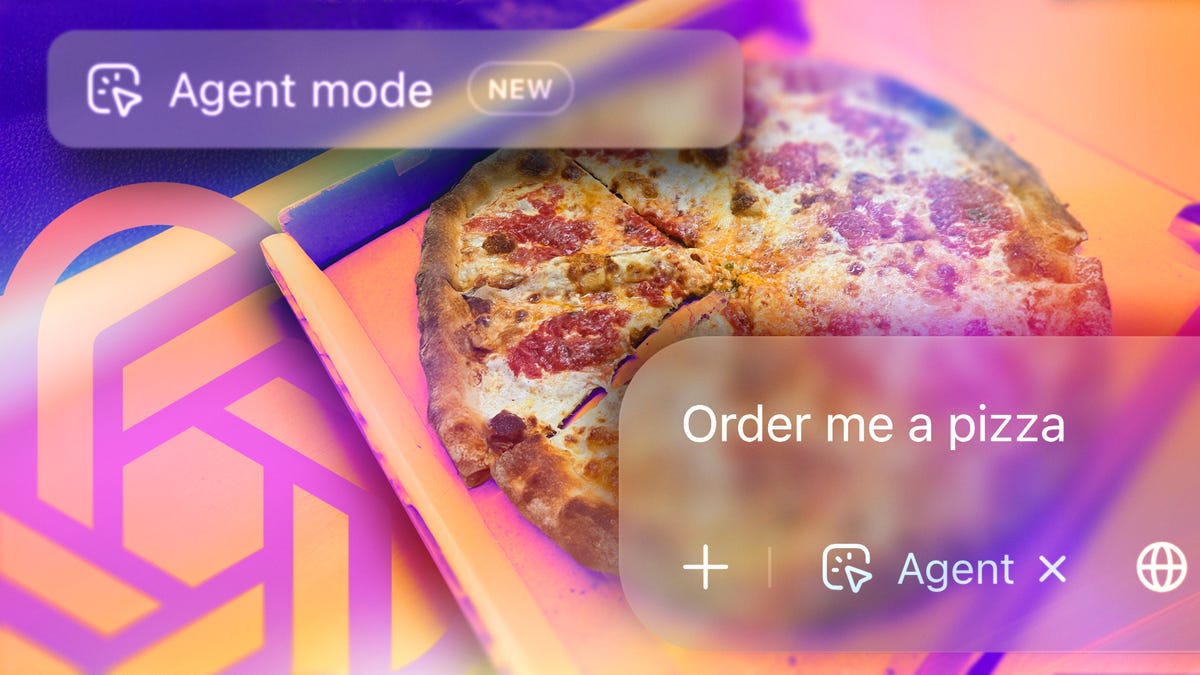AI Assistant Orders Pizza: A Glimpse into ChatGPT’s Real‑World Capabilities

Key Points
- ChatGPT Agent completed a full pizza order in about six minutes.
- The AI navigated the restaurant website, added the item to the cart, and handled checkout after user supplied address and payment.
- The pizza was delivered promptly, confirming functional reliability.
- The demonstration showcases AI’s potential to automate everyday online tasks.
- Security concerns arise from handling sensitive personal and payment data.
- The same capabilities could be exploited for malicious purposes, highlighting the need for safeguards.
- OpenAI plans to expand AI agents into broader workforce roles soon.
OpenAI’s ChatGPT Agent demonstrated its ability to handle a multi‑step online purchase by ordering a pizza from a local shop. The system navigated the restaurant’s website, added the desired pie to the cart, and completed checkout after the user supplied address and payment details. The process took only a few minutes, and the pizza arrived promptly. While the experience highlights the convenience of AI‑driven personal assistants, it also raises questions about security, potential misuse, and the broader impact of agents that can interact directly with consumer platforms.
How the AI Agent Operates
OpenAI’s ChatGPT Agent functions as an autonomous assistant that can execute complex online tasks end‑to‑end. In this demonstration the agent opened a virtual desktop, navigated to the pizzeria’s website, located the chosen pizza, added it to the shopping cart, and proceeded through the checkout flow. The user provided the delivery address and payment information, after which the agent completed the transaction.
User Experience
The entire ordering sequence was completed in roughly six minutes. After the order was placed, the delivery driver called to confirm the address, unaware that the request had originated from an AI system rather than a human. The pizza arrived shortly thereafter, confirming the functional reliability of the agent in a real‑world consumer scenario.
Potential Benefits
This example illustrates how AI agents can streamline routine online activities, freeing users from repetitive navigation and data entry. By interpreting plain‑language commands, the technology enables individuals to accomplish tasks such as booking travel, shopping, or ordering food without manual interaction with each website. The speed and accuracy demonstrated suggest that AI assistants could become a common productivity tool in everyday digital life.
Risks and Concerns
Despite its convenience, the capability raises security considerations. The agent required the user to input sensitive address and payment details, highlighting the need for a secure interface between AI systems and personal data. Additionally, the same mechanisms that allow agents to automate legitimate transactions could be repurposed for malicious activities, such as exploiting vulnerabilities on websites or extracting confidential information. The technology also remains susceptible to prompt‑injection attacks, where crafted inputs could cause the agent to behave in unintended ways.
Future Outlook
OpenAI’s leadership envisions AI agents joining the workforce within the year, expanding their role beyond personal assistance to broader enterprise applications. Ongoing development aims to strengthen safeguards against misuse while enhancing the agents’ ability to understand and execute multi‑step requests. As the technology matures, it is expected to become increasingly integrated into consumer platforms, reshaping how people interact with online services.